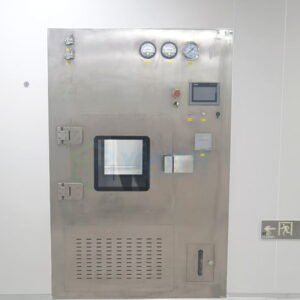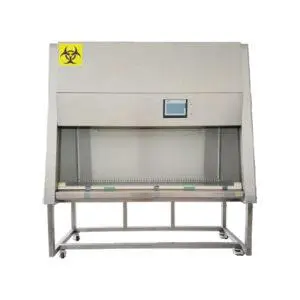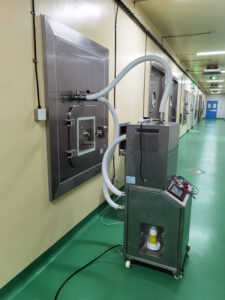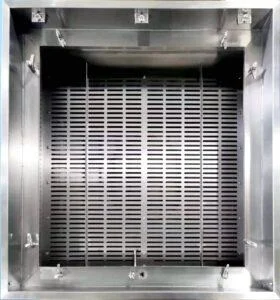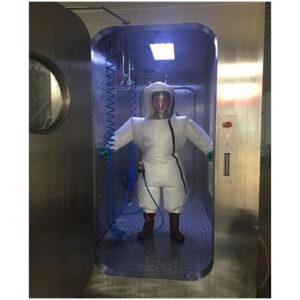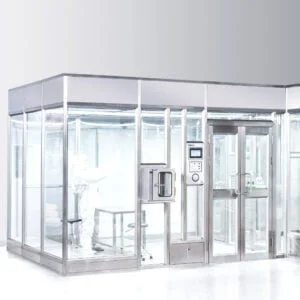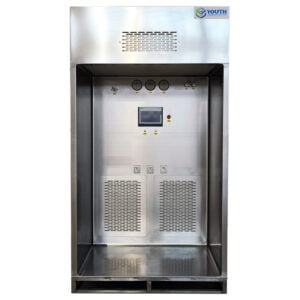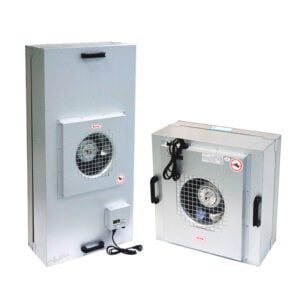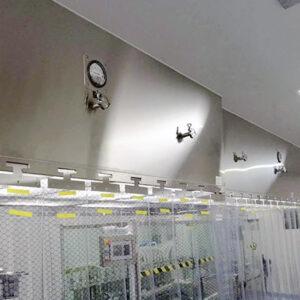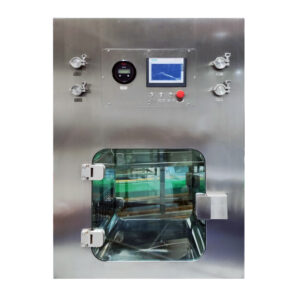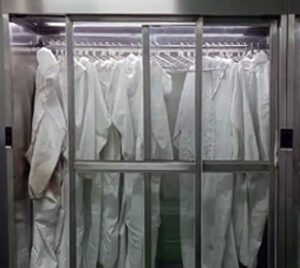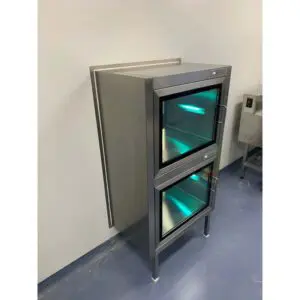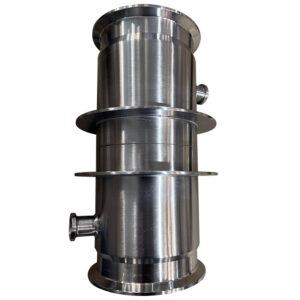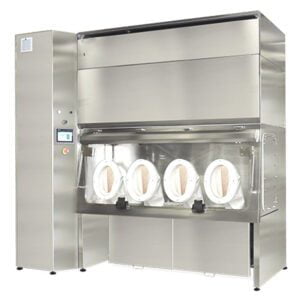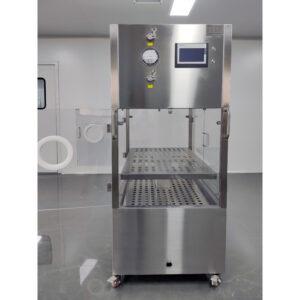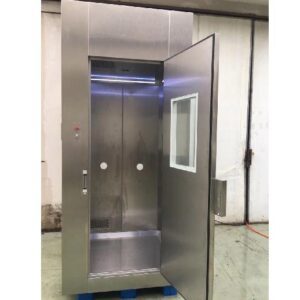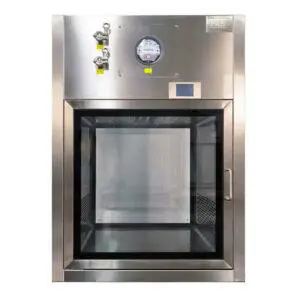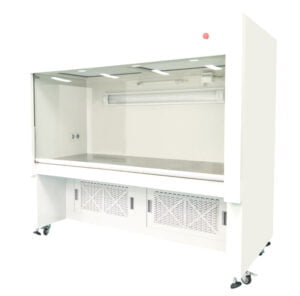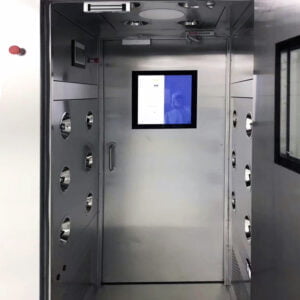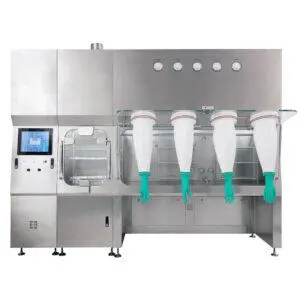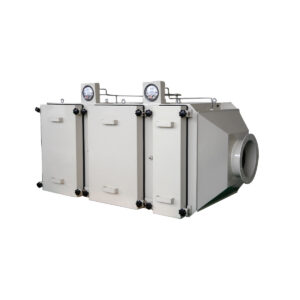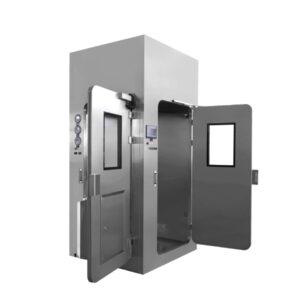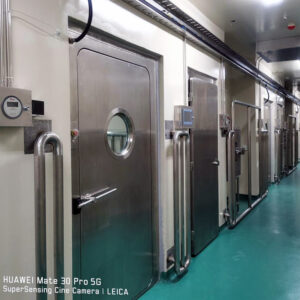Cleanrooms have been synonymous with the pharmaceutical and medical sectors for decades. However, the utility of cleanrooms extends far beyond these domains. In various industries, practitioners are harnessing the power of cleanroom technology to perform remarkable applications and experiments. Cleanrooms, with their ability to adhere to precision specifications and strict industry standards, provide the ideal environment for a range of manufacturing endeavors that depend on enhanced quality controls. Here, we explore six fascinating ways in which industries are making the most of cleanroom technology.
Aerospace: Reaching for the Stars
The aerospace industry relies heavily on the controlled environment of cleanrooms. These cutting-edge facilities are instrumental in conducting experiments and manufacturing aerospace tools, including space-flight lasers. The need for controlled conditions is paramount, as even the slightest presence of contaminants or pollutants can jeopardize the precision tools used in the manufacturing process or the integrity of the final product. In the realm of space-flight lasers, absolute accuracy is non-negotiable. Some of these lasers play a crucial role in charging the batteries of aerial vehicles, while others are designed for ablation, vaporizing space debris in Earth’s orbit.
Optics: Capturing the World’s Beauty
The joy of capturing a perfect moment with a smartphone camera or professional-grade lenses is something most people cherish. However, the manufacturing of these high-quality lenses relies on cleanroom technology. Lens production demands stringent controls over particle contamination, humidity, temperature, and vibration. The cleanroom environment provides the ideal conditions for technicians to craft lenses that enable us to immortalize the smiles of our loved ones or capture breathtaking vistas during our travels.
Nanotechnology: A Greener Future
Nanotechnology cleanrooms, often considered boutique versions dedicated to electronics and semiconductor manufacturing, have broader applications across various industries, including food and fuel cells. In a world increasingly focused on sustainability, nanotechnology cleanrooms are now at the forefront of producing nanotech solar cells. These cells hold the potential to revolutionize global sustainability efforts by offering a more cost-effective alternative to traditional solar cells.
University Labs & Research Facilities: Pursuit of Precision
In the realm of scientific research, precision is paramount. Even the presence of a few extra particles can disrupt meticulously designed experiments. Cleanrooms provide the essential contaminant-free environment required for experiments spanning multiple scientific disciplines and technologies. Researchers rely on cleanrooms to eliminate cross-contamination and variables that could compromise the accuracy of their results.
Biological Safety: Protecting Lives
As scientific endeavors increasingly involve hazardous biological agents, the need for safe environments becomes imperative. Cleanroom environments serve as protective shields for the outer areas of facilities, safeguarding them from harmful biological agents. Inside, specialized equipment like biological safety cabinets ensures the safety of scientists conducting procedures involving hazardous materials. Whether designing new drugs or testing them on dangerous viruses or bacteria, cleanrooms and their devices are indispensable in ensuring the safety of personnel.
Military Applications: Where Innovation Thrives
The military and various government agencies turn to cleanrooms for a multitude of projects and experiments. In a scenario where James Bond’s gadgets could become a reality, many of them would likely be born in the cleanroom environment. Today, military cleanroom laboratories are hubs of innovation, driving the development of future technology systems and enhancing existing technological devices. From creating innovative materials that protect training pilots from excessive noise exposure to a myriad of other applications, the military relies on cleanrooms for its cutting-edge initiatives.
Cleanrooms are the lifeblood of numerous industries, enabling the development of tomorrow’s products and technologies. The examples provided here are just a glimpse of the countless applications for cleanroom environments. As industries continue to evolve, cleanrooms will remain at the forefront, nurturing innovation and pushing the boundaries of what’s possible.
Q&A Section
1. What makes the aerospace industry heavily reliant on cleanroom environments?
The aerospace industry depends on cleanrooms for their controlled environments, crucial for conducting experiments and manufacturing precision tools like space-flight lasers. Contaminants or pollutants must be rigorously controlled to ensure the quality and integrity of aerospace equipment.
2. Why are cleanrooms essential in the production of camera lenses?
Cleanrooms are vital in lens manufacturing due to their ability to maintain strict controls over particle contamination, humidity, temperature, and vibrations. These factors are critical for producing high-quality lenses used in both smartphones and professional cameras.
3. How does nanotechnology contribute to sustainability through cleanroom technology?
Nanotechnology cleanrooms play a key role in producing nanotech solar cells, which have the potential to significantly impact sustainability efforts worldwide. These cells offer a cost-effective alternative to traditional solar cells, contributing to a greener future.
4. Why do university labs and research facilities rely on cleanrooms for experiments?
Cleanrooms provide contaminant-free environments essential for precision in scientific experiments. Even minor particles can disrupt results, making cleanrooms indispensable for researchers across various scientific disciplines.
5. How do cleanrooms enhance safety in research involving hazardous biological agents?
Cleanrooms protect the surrounding areas from harmful biological agents and provide interior safety equipment like biological safety cabinets. These measures ensure the safety of scientists working with hazardous materials, such as designing and testing new drugs.
In conclusion, cleanrooms are versatile and indispensable environments that drive innovation across diverse industries. From aerospace to nanotechnology, scientific research, biological safety, and military applications, cleanrooms offer the controlled settings necessary for precision, safety, and the pursuit of groundbreaking advancements. As technology continues to advance, cleanrooms will play a pivotal role in shaping the future of countless industries.
Related Contents:
- Bag-In/Bag-Out (BIBO) Systems: Operation and Maintenance Guide
- Understanding Cleanrooms: Types and Their Significance
- Fan Filter Units: Enhancing Safety in Aerospace Cleanrooms
- The Role of Fan Filter Units in Reducing Contamination in Nanotechnology
- Exploring the Versatility of Fan Filter Units Across Different Sectors
- The Cleanroom Experience: A Guide to Safe and Efficient Operations
- Fan Filter Units: A Comprehensive Solution for Cleanroom Air Purification
- Cleanrooms in Action: Applications and Success Stories
- Understanding the Mechanics of Fan Filter Units: A Detailed Guide

